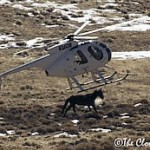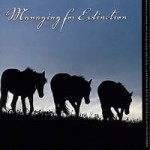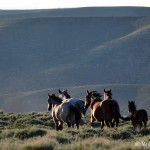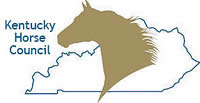July 7, 2011 – This year’s American Horse Council National Issues Forum, entitled “Congress on a Diet: What It Means for the Horse Industry,” highlighted the current budget environment in Washington. The issues forum was part of the AHC annual meeting held from June 19th to the 22nd that also included the annual Congressional Ride-In, AHC committee meetings, and a Congressional Reception.
Several Members of Congress spoke to attendees during the issues forum including Congressman Hal Rogers (R-KY), the Chairman of the House Appropriations Committee, Congressmen Dennis Cardoza (D-CA) and Brett Guthrie (R-KY), who are the co-chairs of the Congressional Horse Caucus, as well as Congressman John Yarmouth (D-KY).
“The AHC is grateful to have had so many Members of Congress come give us their perspective on the fiscal challenges facing the country. There were several different viewpoints, but the message was clear that when it comes to spending it will not be ‘business as usual’ in Washington,” said AHC President Jay Hickey. “Without a doubt we will be seeing less federal spending and that could impact the horse industry in many different ways.”
The remainder of the issues forum included presentations from several individuals from federal agencies, state health officials and other organizations. Dr. John Clifford, Deputy Administrator and Chief Veterinary Officer for USDA’s Veterinary Services, and Dr. Guy Hohenhaus, President of the National Assembly of State Animal Health Officials, discussed some of the issues USDA and state veterinarians face in responding to and mitigating equine disease outbreaks under current budgetary constraints.
Continue reading Members of Congress Address AHC National Issues Forum





